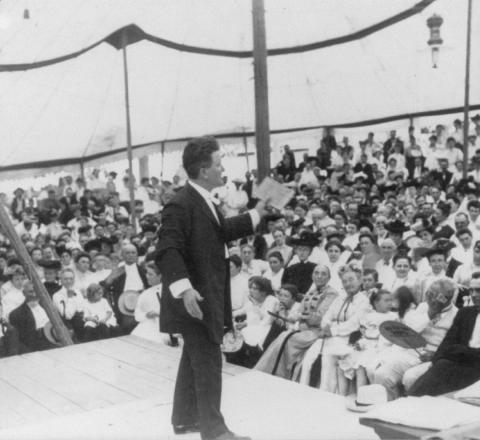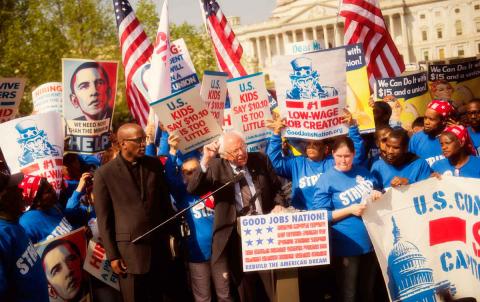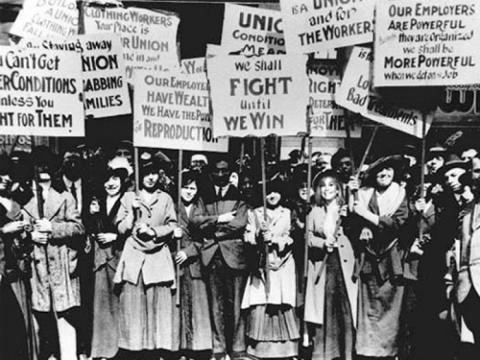The Unions That Like Trump
The New York Times
The building trade unions are basically pro-Trump. They like his positions on infrastructure including his position on building the Keystone Pipeline. His withdrawing from the Trans-Pacific Partnership is viewed favorably. Many of the public service unions are very much opposed to what they they perceive as his anti-worker agenda.










Spread the word